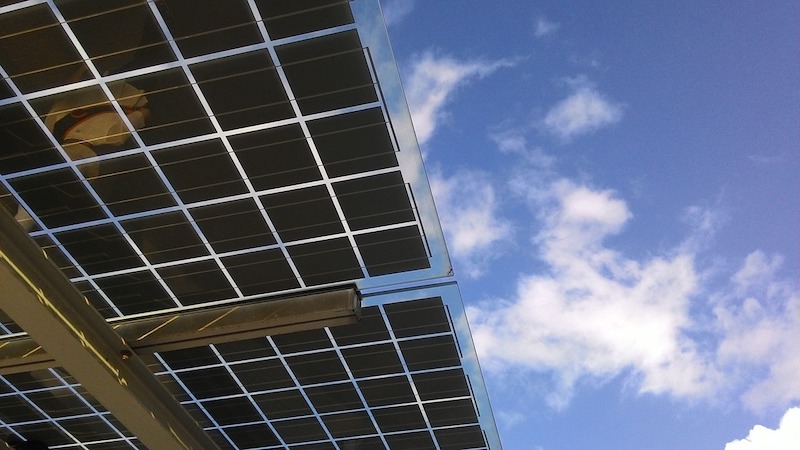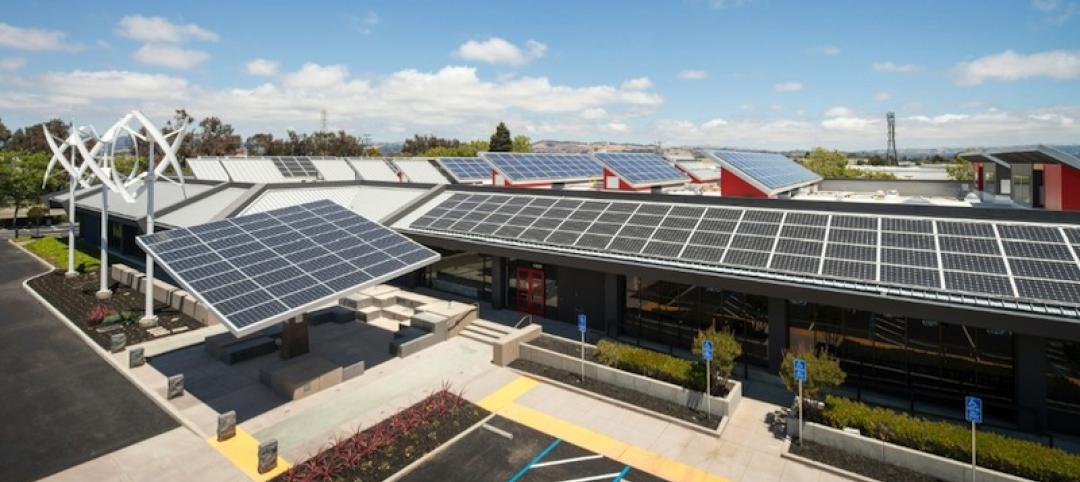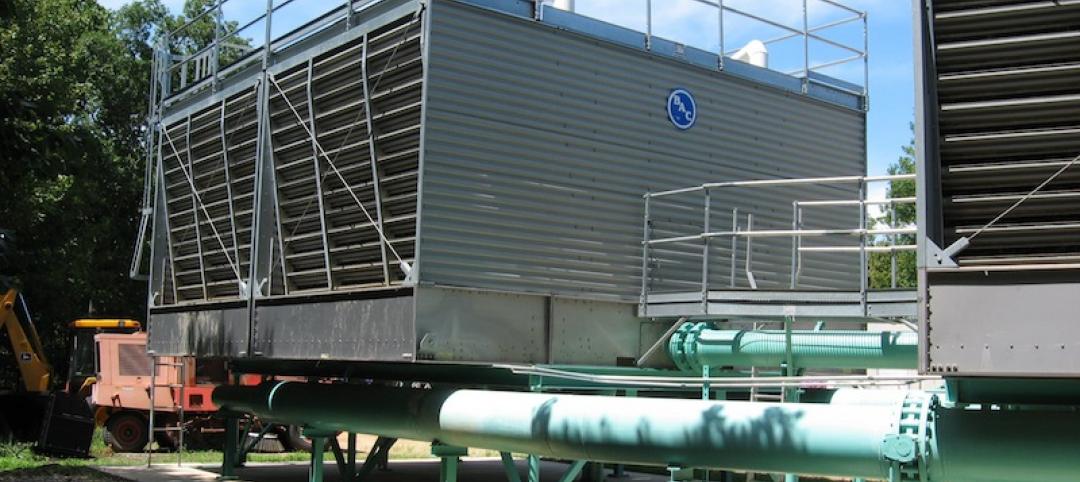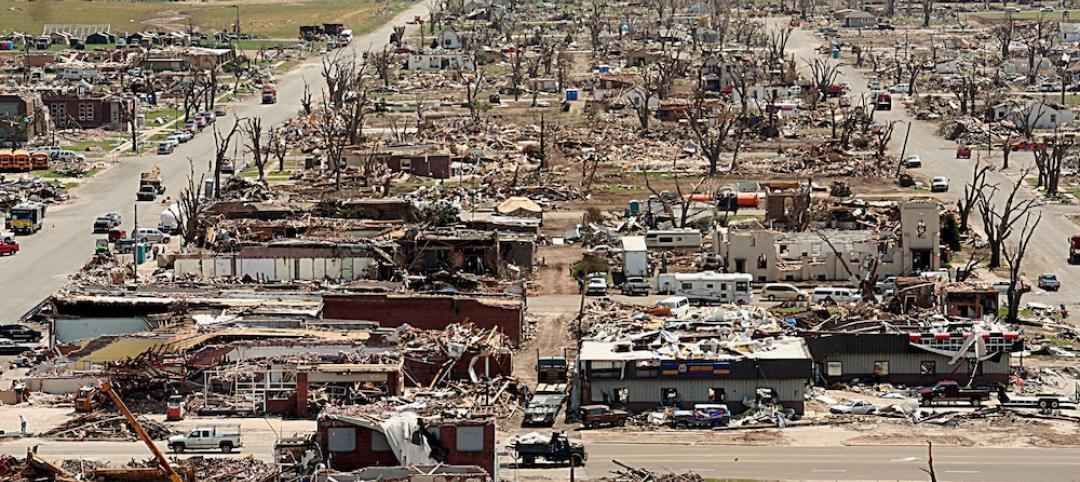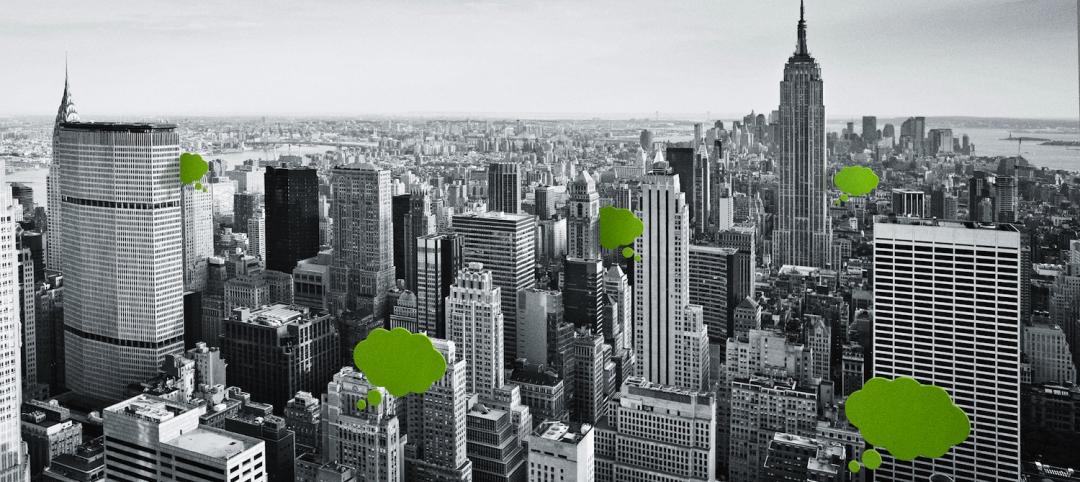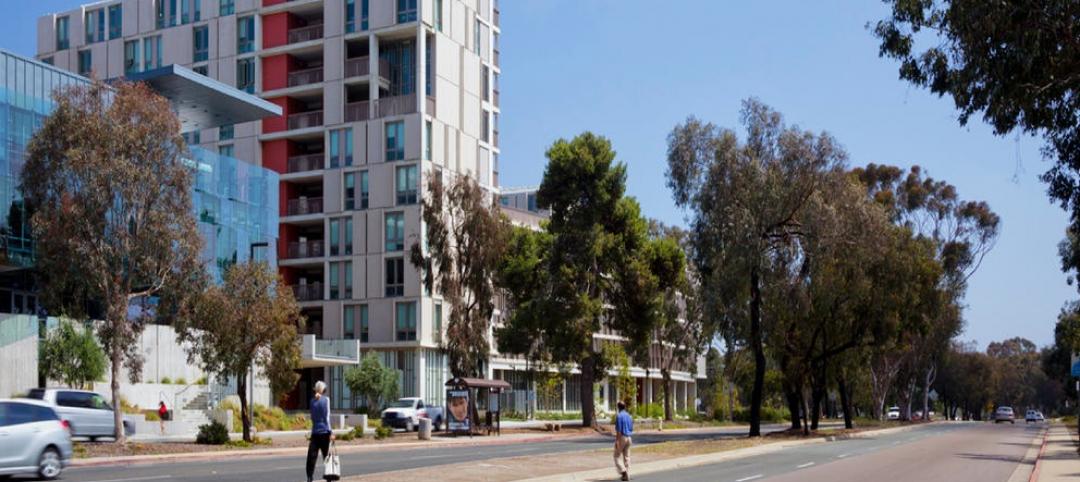The U.S. Green Building Council (USGBC) recently launched LEED Zero, a new program that will address net zero operations and resources in buildings.
“Net zero is a powerful target that will move the entire industry forward,” said Melissa Baker, Senior Vice President of Technical Core at USGBC. “For years, LEED projects around the world have aspired to net zero milestones. We are recognizing the leadership of these projects—and formalizing our commitment to focusing on carbon and net zero across the entire LEED community. These new certification programs will encourage a holistic approach for buildings and places to contribute to a regenerative future and enhance the health and wellbeing for not only building occupants, but all of humanity.”
LEED Zero was informally released by USGBC in September at the Global Climate Action Summit. LEED Zero is open to all LEED projects certified under the BD+C, ID+C or O+M rating systems, or projects registered to pursue LEED O+M certification. LEED projects can achieve LEED Zero certification when they demonstrate any or one of the following: net zero carbon emissions, net zero energy use, net zero water use or net zero waste.
“For more than two decades, LEED has provided a framework for high performance buildings and spaces, and reduced greenhouse gas emissions through strategies impacting land, energy, transportation, water, waste and materials,” added Baker. “Building on that work, LEED Zero is a complement to LEED that verifies the achievement of net zero goals and signals market leadership in green building.”
LEED certification recognizes that a project has implemented a number of sustainability strategies, reflecting reduced contributions to climate change as well as beneficial impacts on water resources, biodiversity, human health and well-being, regenerative material resource cycles, social equity and quality of life.
LEED Zero builds on LEED by recognizing specific achievements in building operations and rewards projects that have used LEED as a framework to address important aspects of green buildings and taken their buildings to the next level by designing and operating toward net zero goals. LEED Zero encourages a holistic approach for buildings and places, which will contribute to a regenerative future. This is part of a vision to ensure that the next phase of USGBC’s efforts will be LEED Positive, where buildings are actually generating more energy than they use, and removing more carbon than they produce.
Related Stories
| May 31, 2013
Nation's first retrofitted zero-energy building opens in California
The new training facility for IBEW/NECA is the first commercial building retrofit designed to meet the U.S. Department of Energy’s requirements for a net-zero energy building.
| May 17, 2013
LEED v4 has provision to reduce water use in cooling towers
The next version of the U.S. Green Building Council's LEED rating system will expand water-savings targets to appliances, cooling towers, commercial kitchen equipment, and other areas.
| May 14, 2013
Paints and coatings: The latest trends in sustainability
When it comes to durability, a 50-year building design ideally should include 50-year coatings. Many building products consume substantial amounts of energy, water, and petrochemicals during manufacture, but they can make up for it in the operations phase. The same should be expected from architectural coatings.
| May 9, 2013
10 high-efficiency plumbing fixtures
From a "no sweat" toilet to a deep-well lavatory, here's a round up of the latest high-efficiency plumbing fixtures.
| May 9, 2013
Post-tornado Greensburg, Kan., leads world in LEED-certified buildings per capita
Six years after a tornado virtually wiped out the town, Greensburg, Kan., is the world's leading community in LEED-certified buildings per capita.
| May 3, 2013
'LEED for all GSA buildings,' says GSA Green Building Advisory Committee
The Green Building Advisory Committee established by the General Services Administration, officially recommended to GSA that the LEED green building certification system be used for all GSA buildings as the best measure of building efficiency.
| Apr 25, 2013
Colorado State University, DLR Group team to study 12 high-performance schools
DLR Group and the Institute for the Built Environment at Colorado State University have collaborated on a research project to evaluate the effect of green school design on occupants and long-term building performance.
| Apr 24, 2013
North Carolina bill would ban green rating systems that put state lumber industry at disadvantage
North Carolina lawmakers have introduced state legislation that would restrict the use of national green building rating programs, including LEED, on public projects.
| Apr 22, 2013
Top 10 green building projects for 2013 [slideshow]
The AIA's Committee on the Environment selected its top ten examples of sustainable architecture and green design solutions that protect and enhance the environment.


